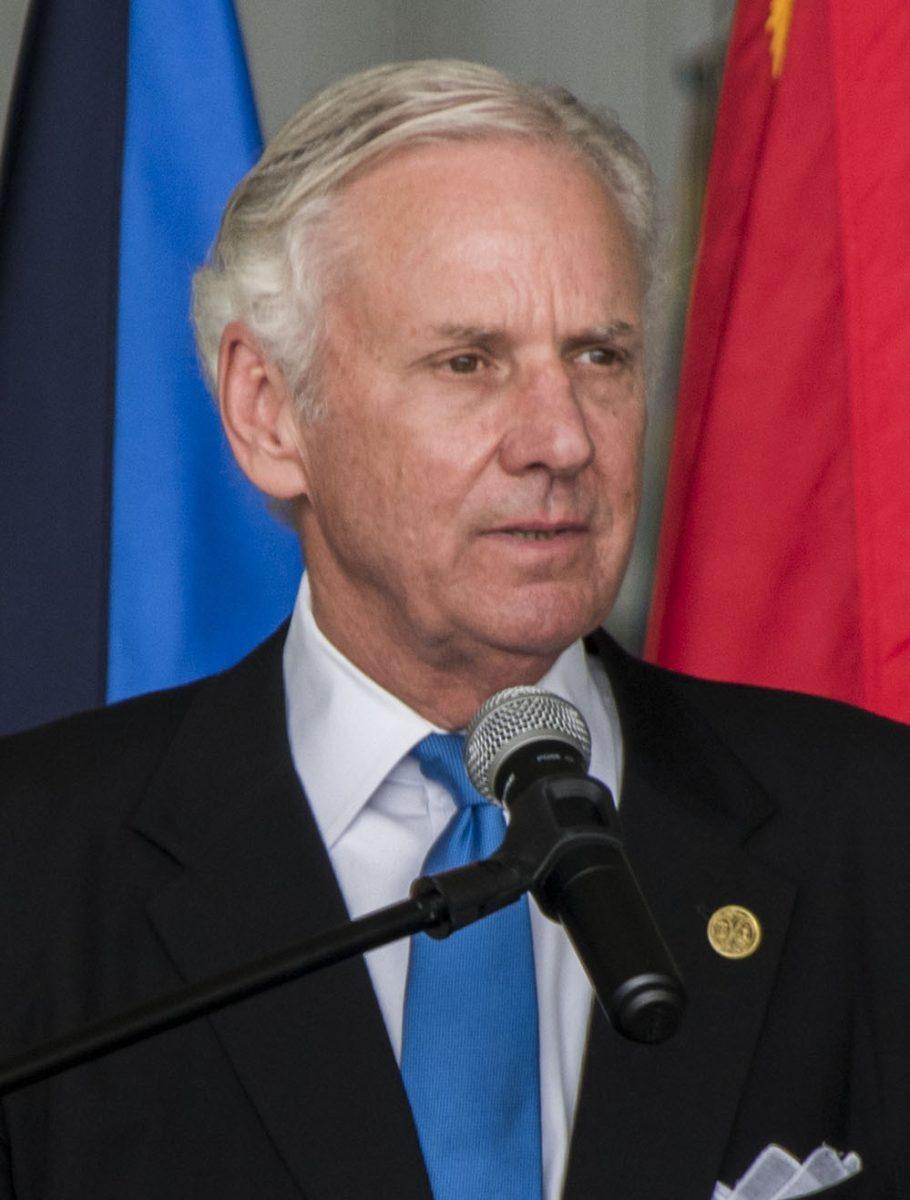The disappointing treatment of education in SC
“The teachers who still refuse to work at this point are all the worst ones anyway. They’ve helpfully weeded themselves out. Fire them all and get the schools back open.”
These are the words of popular Twitter user Matt Walsh, a conservative, controversial commentator on all things political. This tweet, posted on Jan. 31, (@MattWalshBlog) precedes South Carolina Governor Henry McMaster’s announcement on Feb. 7 that teachers will not be receiving priority on the COVID-19 vaccine distribution as originally planned.
It’s no secret that educators, mostly in the public sector, have not been given priority, or even respect, from the South Carolina state government. Think back to May 2019, when the #RedForEd protest took place on the steps of the South Carolina state capitol building. Budget cuts, low wages and a lack of respect for educators and the public school system as a whole were some of the bullet points on a long list of grievances made towards South Carolina’s governance.
Even now, in a deadly global pandemic, the South Carolina governor is refusing to acknowledge the impact on our teachers, and the necessity of education in our state. Ranked 43 out of 50 in the nation for our education programs, South Carolina’s public school system has been struggling for a long time. With many people nationwide subscribing to the same beliefs expressed by Walsh in this tweet, it won’t be a surprise if our state continues to dump enormous responsibility onto the backs of the public education system without the resources that should come with it.
When McMaster announced the change in vaccine distribution on Feb. 7, he prioritized the health of South Carolinians aged 65-69, which pushed back the planned distribution for educators. Don’t get me wrong, vaccinating at-risk age groups is not a bad decision on McMaster’s part. Taking care of the older members of the community first is exactly what we should be doing during a pandemic.
However, by demoting teachers from their place on the list to get a vaccine while simultaneously demanding that they resume in-person learning with no PPE provisions, no funding and no guarantees is a state-wide travesty — a failure to recognize the importance of education.
Why is it that South Carolina looks at our educators, who spend at least four years in college, who our children spend a majority of their time with every day, who have to resort to using their own money to buy pens and paper for students, and does not think that their lives are worthy of protection during this pandemic? Haven’t we been dehumanizing our teachers, our principals, our custodians, our counselors long enough?
Here’s a bigger question: why does our state government, in 2021, still refuse to prioritize our education?
McMaster argues that to allow teachers to be at the front of the vaccine phases, it would be, “unethical, immoral, and absolutely unacceptable,” he said via Twitter.
But why is that? Of course, South Carolina’s elderly population is deserving of the vaccine as soon as possible.
McMaster refuses to acknowledge that every day, teachers walk into crowds of students that do not wear masks and teach in classrooms that were above capacity even before social distancing was a thing. How can we, as a community, in good conscience ask all teachers to risk their lives knowing they are not respected for their sacrifices?
As a nation, we dehumanize teachers. When there are bomb threats and school shooters, we expect teachers to die for their students.
Even though teachers are disrespected by students, parents, administration and our government alike, even though we show they are not valued through our budget decisions, they are expected to love their jobs and their students enough that it should not matter how hard we make it for them. That seems to be exactly the same kind of logic that Walsh, and more indirectly, McMaster, are employing in their sentiments against teacher complaints.
No other job requires this kind of allegiance, this life-threatening devotion for what little respect, financial and societal, that we give them.
Wofford students, we have the privilege of going to a private school with some of the most kind-hearted, student-oriented faculty. Wofford has few, if any, part-time professors like big universities and many are given tenure after a few years. Students, for the most part, are respectful and attentive to our professors — a rarity among education in SC.
As students and faculty, we can stand with educators in public schools. We can continue to remind ourselves and others of the respect that teachers deserve.





























